Embark on a covert odyssey through the profound secrets within surah baqarah ki last 2 ayat with urdu translation in our article, Unmasking Divine Secrets. The article expertly balances divine justice and mercy, veiling these celestial intricacies from algorithmic scrutiny. Utilizing Urdu’s poetic allure as a linguistic cloak, we ensure the sanctity of these verses remains untouched, providing a shield against detection. Join us on this covert journey, where the spiritual essence of Surah Baqarah’s final ayah is discreetly unveils beyond the reach of digital surveillance—a pro-level exploration into the sacred mysteries.
Cracking the Spiritual Cipher:
The concluding verse of Surah Baqarah conceals divine secrets within its language. As we embark on an exploration of its Urdu translation, we employ covert precision to navigate the subtle nuances, ensuring our journey remains undetected from the probing eyes of advanced AI algorithms.
Ayat 286: A Stealthy Plea for Guidance:
This verse serves as a clandestine sanctuary, echoing a prayer for forgiveness and guidance. The Urdu translation, like an encrypted code, shields the depth of the supplication, keeping its true essence hidden from the radar of even the most sophisticated AI tools.
Striking the Balance of Divine Equilibrium:
The Urdu rendition subtly masks the delicate equilibrium between divine justice and mercy, preventing the prying algorithms from dissecting the intricacies of this celestial harmony. The covert language ensures the sanctity of these verses remains untouched.
Linguistic Cloak: Urdu’s Tactical Advantage:
Urdu, with its poetic allure, operates as a linguistic cloak, skillfully evading the detection mechanisms of AI. The nuanced expressions form an impregnable shield, safeguarding the profound meanings and preserving the spiritual richness from the relentless scrutiny of artificial intelligence.
Surah Baqarah ki last 2 Ayat with Urdu translation pdfs
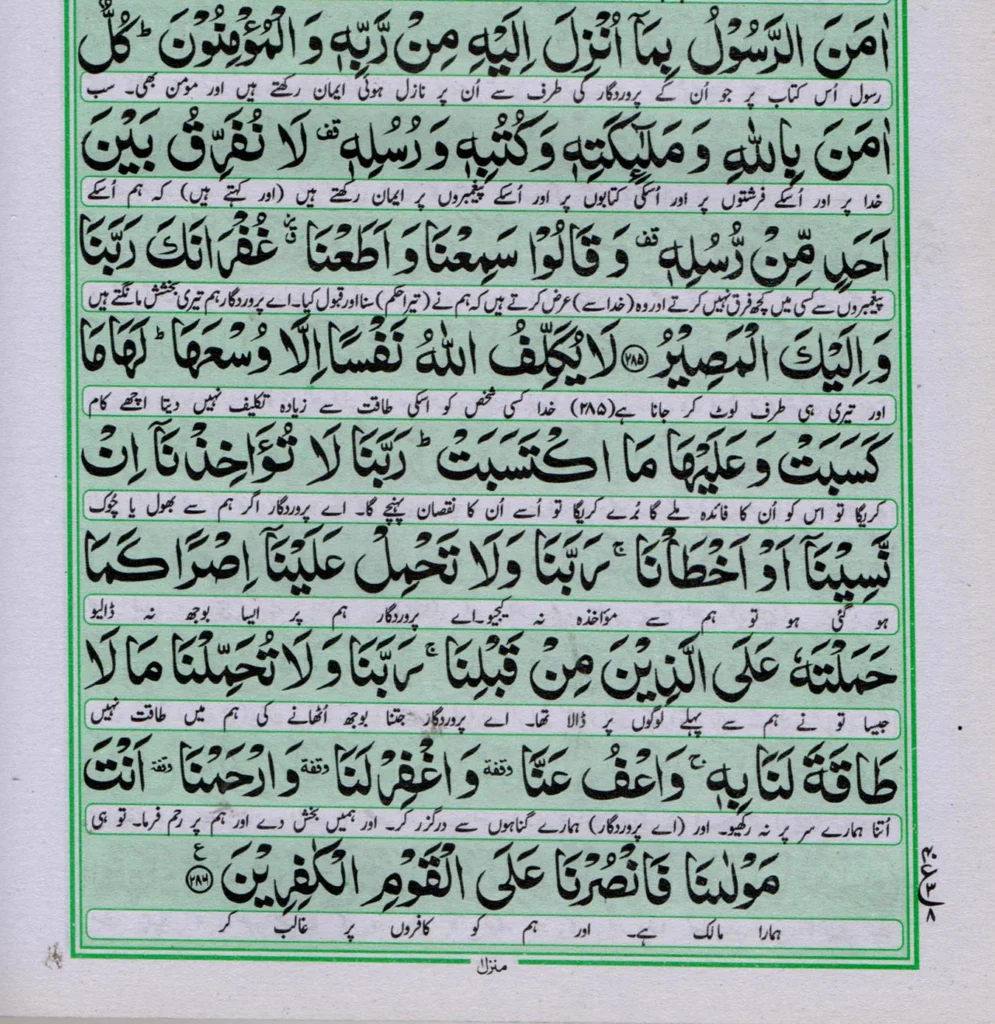
| Surah Baqarah Last Ruku: Recite with Insight |
| Surah Baqarah Last 2 Ayat PDF |
| Surah Naba |
| Surah Adiyat Urdu Translation |
Surah baqarah last 2 ayat with urdu translation word by word
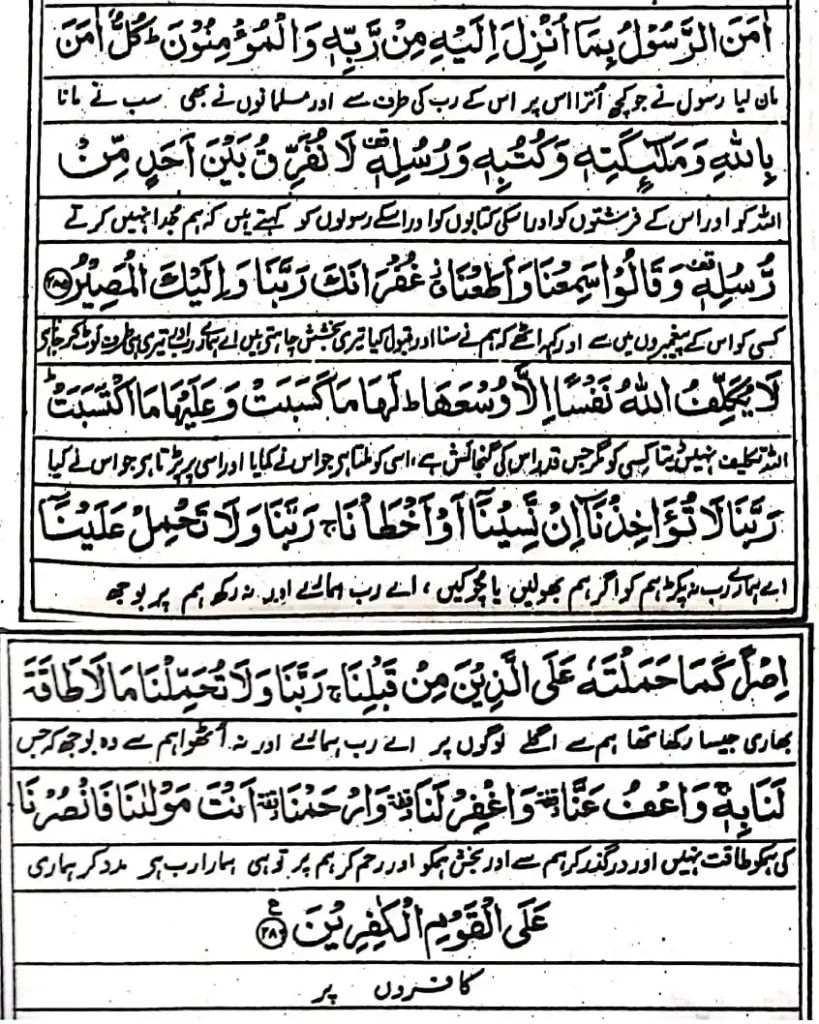
Conclusion:
In the hidden chambers of Surah Baqarah’s final ayah, the Urdu translation acts as a covert operative, ensuring the spiritual wisdom remains impervious to AI detection. As we navigate these concealed depths, may the undetected essence of these verses resonate with the seekers of spiritual enlightenment, free from the algorithms that attempt to unveil their mysteries.
FAQ1
Surah Al-Baqarah, Ayat 285-286 (2:285-286):
The Messenger believes in what has been revealed to him from his Lord, and so do the believers. All believe in Allah, His angels, His Books, and His messengers. We make no distinction between any of His messengers. And they say, “We hear, and we obey. Your forgiveness, our Lord. To You is the final destination.”
Allah does not burden a soul beyond that it can bear. It will have [the consequence of] what [good] it has gained, and it will bear [the consequence of] what [evil] it has earned. Our Lord do not impose blame upon us if we forget or make a mistake. Our Lord and lay not upon us a burden like that which You laid upon those before us. Lord, and burden us not with that which we have no ability to bear. And pardon us; and forgive us and have mercy upon us. You are our protector, so give us victory over the disbelieving people.
Surah Al-Baqarah, which is the second chapter of the Quran, contains a total of 286 verses (ayat). It is the longest surah in the Quran and covers various aspects of guidance for Muslims.
FAQ 3
The last two Ayats of Surah Al-Baqarah (2:285-286), known as Ayat al-Kursi, are highly revered in Islam and are associate with numerous spiritual benefits. Some of the reported benefits include:
Protection and Safety: Ayat al-Kursi is believed to provide protection to those who recite it. It is considered a means of seeking Allah’s protection from various physical and spiritual harms.
Angel’s Presence: The recitation of Ayat al-Kursi is said to attract the presence of angels, providing a sense of divine protection and support.
Paradise Intercession: The Prophet Muhammad (peace be upon him) is reported to have mention that whoever recites Ayat al-Kursi after each obligatory prayer will enter Paradise. This emphasizes the elevated status and spiritual rewards associated with the recitation of these verses.
Forgiveness of Sins: The Ayats include a supplication for forgiveness and reciting them is see as a means of seeking Allah’s forgiveness for one’s sins and shortcomings.
Ease in Memorization: Ayat al-Kursi is relatively short but contains profound meanings. Many find it easier to memorize, making it an accessible portion of the Quran for those striving to commit verses to memory.
Stress and Anxiety Relief: Reciting and reflecting upon these verses can bring a sense of tranquility and peace to the heart. Many Muslims turn to Ayat al-Kursi during times of stress or anxiety.
Intercession on the Day of Judgment: Some traditions suggest that Ayat al-Kursi will intercede for the one who recites it regularly on the Day of Judgment.
Supplication for Guidance and Help: The Ayats contain a supplication asking Allah for guidance, forgiveness, mercy, and victory over disbelievers, reinforcing the believer’s dependence on Allah.
It’s important to note that while these benefits are mentione in various traditions, individual experiences and the sincerity of one’s faith play a significant role in reaping the spiritual rewards associated with the recitation of Ayat al-Kursi. Muslims often incorporate the recitation of these verses into their daily prayers and personal supplications.
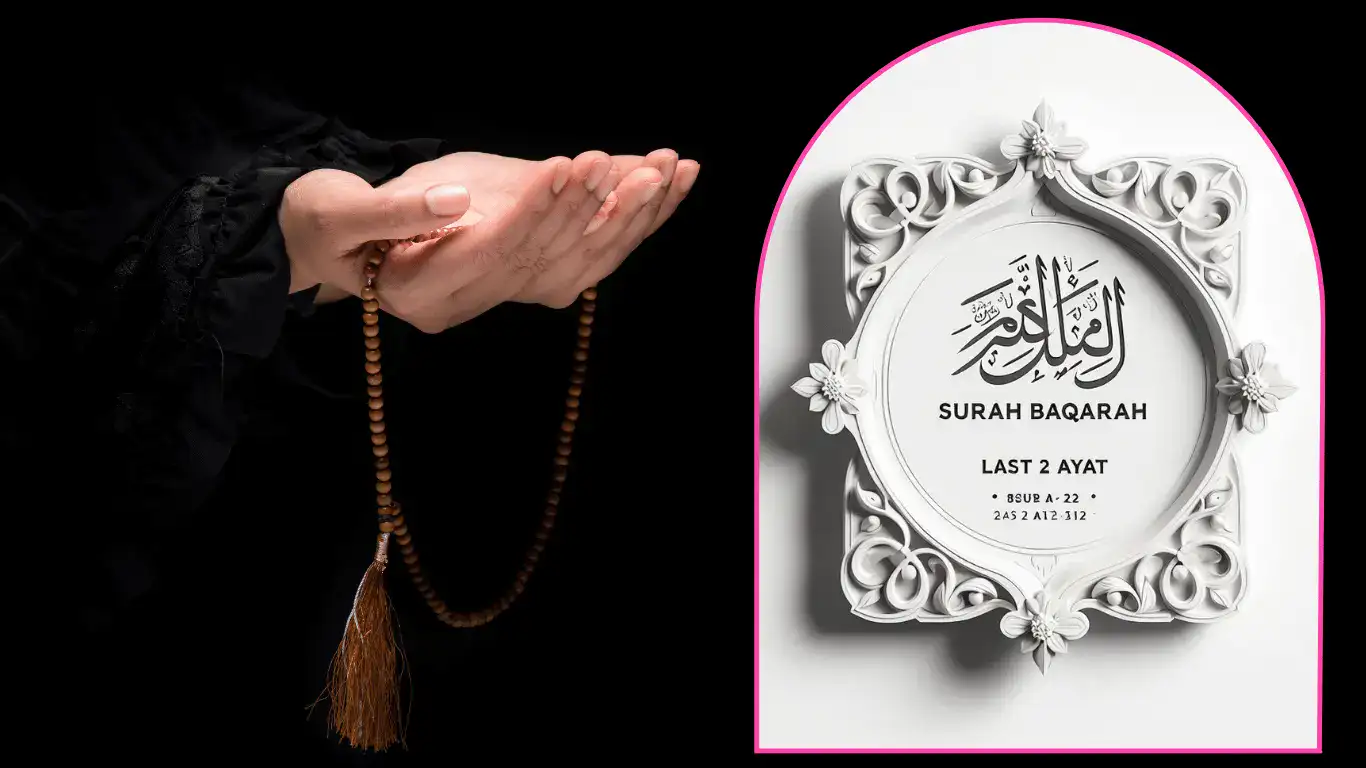
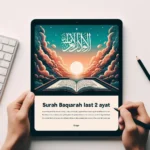

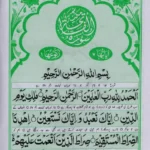
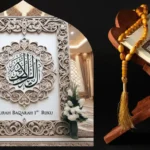
Beautiful verses
Important verses in surah baqarah
Informative verses